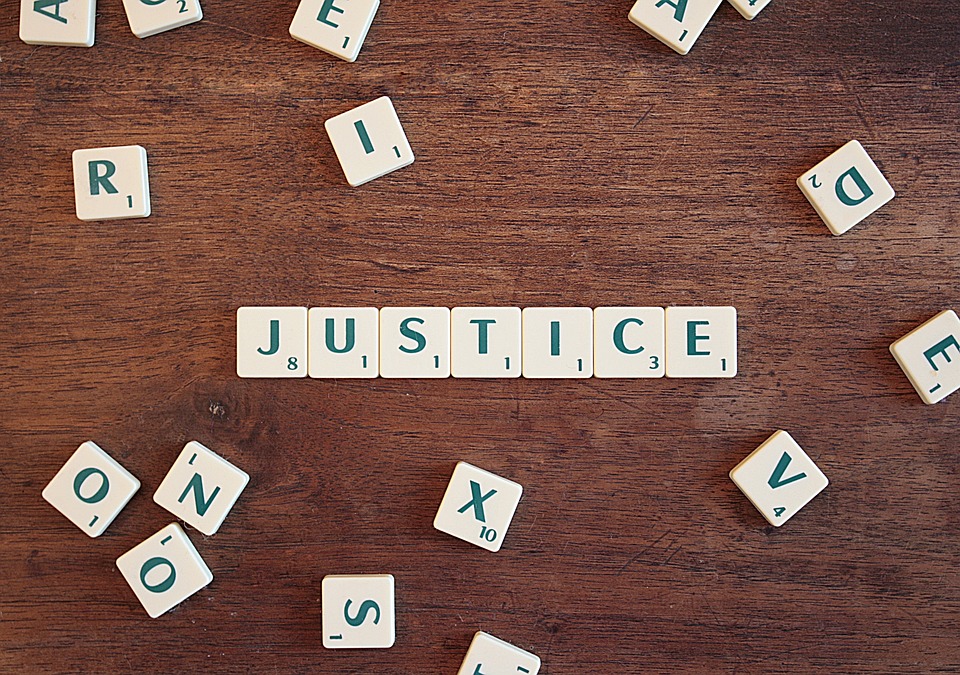
The Role of Precedent in Shaping the Legal System
The Role of Precedent in Shaping the Legal System
In the realm of law, precedent plays a crucial role in shaping the legal system. Precedent refers to previous court decisions that are considered as authoritative and binding in future cases. This practice, also known as stare decisis, ensures consistency and predictability in the application of law.
Understanding Precedent
Precedent is established when a higher court makes a ruling in a particular case that sets a legal principle to be followed by lower courts in similar cases. This principle becomes a precedent that must be adhered to unless there are compelling reasons to deviate from it. Precedent provides guidance to judges in interpreting the law and making decisions based on previous rulings.
Precedent can be classified into two main types: binding precedent and persuasive precedent. Binding precedent must be followed by lower courts within the same jurisdiction, while persuasive precedent is not binding but may be considered by judges in reaching their decisions.
The Impact of Precedent
Precedent plays a significant role in shaping the legal system by promoting consistency, fairness, and efficiency in the administration of justice. It helps to ensure that similar cases are treated similarly, which fosters predictability and stability in the law.
Furthermore, precedent contributes to the development of legal principles and doctrines over time. As more cases are decided and precedents are established, the law evolves and adapts to changing societal norms and values.
Challenges of Precedent
While precedent is essential for maintaining a coherent legal system, it is not without its challenges. One of the main criticisms of precedent is that it can lead to rigidity and inflexibility in the law. Overreliance on past decisions may hinder the development of the law and prevent judges from adapting to new circumstances.
Moreover, the hierarchical nature of precedent can sometimes result in inconsistency and conflicting decisions, especially when different jurisdictions have divergent precedents on the same issue. This can create uncertainty and confusion in the legal system.
FAQs
What is the role of precedent in shaping the legal system?
Precedent provides guidance to judges in interpreting the law and making decisions based on previous rulings. It promotes consistency, fairness, and efficiency in the administration of justice.
What are the main types of precedent?
Precedent can be classified into binding precedent, which must be followed by lower courts, and persuasive precedent, which is not binding but may be considered by judges.
What are the challenges of precedent?
Some challenges of precedent include rigidity, inflexibility, inconsistency, and conflicting decisions. Overreliance on past decisions may hinder the development of the law and create uncertainty in the legal system.
For more information on the role of precedent in shaping the legal system, you can visit this link.